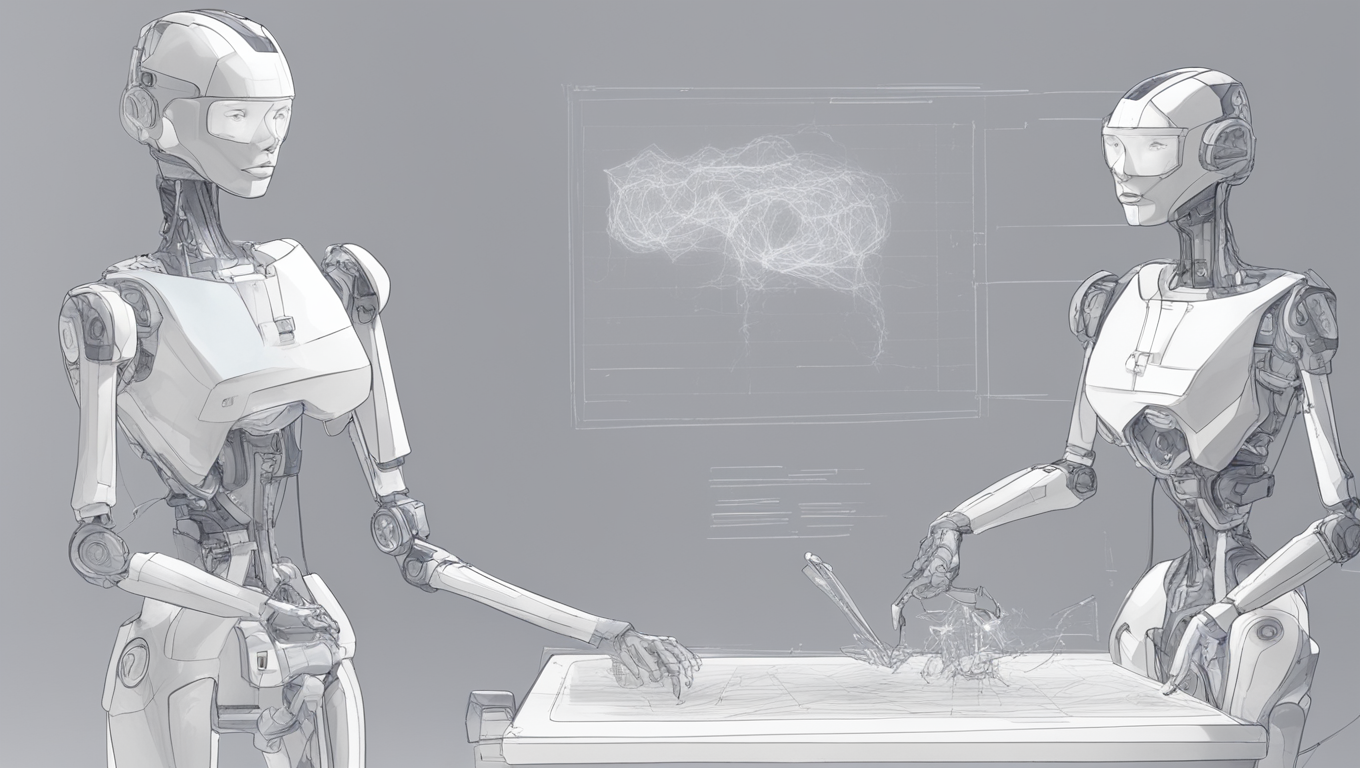NEC Laboratories Europe and NEC Laboratories America have made a groundbreaking announcement today, unveiling their latest innovation in sustainable material design. They have developed MateriAI, an AI-powered platform that aims to accelerate the discovery and industrial development of new materials with a lower environmental impact.
The initial focus of MateriAI is to overcome significant obstacles in the creation of new synthetic, organic, and biobased polymers such as rubber and plastic. Typically, scientists would need to explore a vast amount of existing information on related materials and select a limited number of potential new molecular structures. However, MateriAI transforms this process by using artificial intelligence to suggest new polymers for material design, making it much faster and semi-automated.
Koichi Funaya, Chief Technology Architect at NEC Laboratories Europe, explains the impact of MateriAI: “To develop any new material, scientists must first thoroughly explore a often vast amount of existing information on related materials and then select a limited number of potential new molecular structures. MateriAI transforms this process, making it much faster by semi-automating data aggregation, while using artificial intelligence to suggest new polymers for material design.”
The platform harnesses a Large Language Model (LLM), which is specifically trained on polymer-related information and applies physics-informed machine learning techniques to capture the complexity of polymer micro- and macro-structures. By training the platform’s language model on a vast corpus of resources, MateriAI significantly enriches the information used in research and development of new materials.
Traditional computational approaches based on analytical models are inadequate for handling the complexity of biomaterial structures in a time and cost-effective manner. In contrast, MateriAI has been optimized to operate on general-purpose CPU and GPU-based computing systems for standard computational workloads.
Funaya further elaborates on the challenges of developing organic polymers: “Many organic polymers have long intertwined polymer chains, making it difficult to calculate their potential interactions with other polymers. At the same time, a vast amount of descriptive information about manufacturing processes must also be considered. For example, when developing new types of rubber, one needs to understand the relationship between polymer chains, fillers, and additives in compounds and the crosslinking of rubber.”
Drawing on its LLM, MateriAI integrates these layers of complexity and utilizes physics-informed machine learning to provide guidance in creating new materials. This approach eliminates the need for a complex natural language processing pipeline. Users input the mechanical, thermal, and electrical properties they want for the polymer they wish to develop, along with any conditions for its production methods, via the intuitive user interface. Candidate molecules are visually displayed, and conditions can be easily updated. Real-time visualization of model changes is also available.
Martin Renqiang Min, Department Head of Machine Learning at NEC Laboratories America, highlights the platform’s ability to learn from minimal amounts of data and accurately predict the physical properties of materials through physics-informed machine learning. MateriAI allows materials experts to focus on design activities, relieving them of the burden of basic investigations and material property predictions.
Compared to previous material development tools, this approach represents a radical shift, enabling materials science experts to design materials for applications where a significant portion of existing material knowledge may be unknown or not directly applicable.
Over the next few months, NEC will continue to experiment with MateriAI in the polymer market and extend its application to other industries. A commercial launch of the platform is expected within the next 12 months.
With MateriAI, NEC is driving sustainable material design forward by harnessing the power of artificial intelligence, revolutionizing the way we create materials with a lower environmental impact. The potential applications and implications of this innovation are vast, promising advancements in various industries and paving the way for a more sustainable future.





Use the share button below if you liked it.